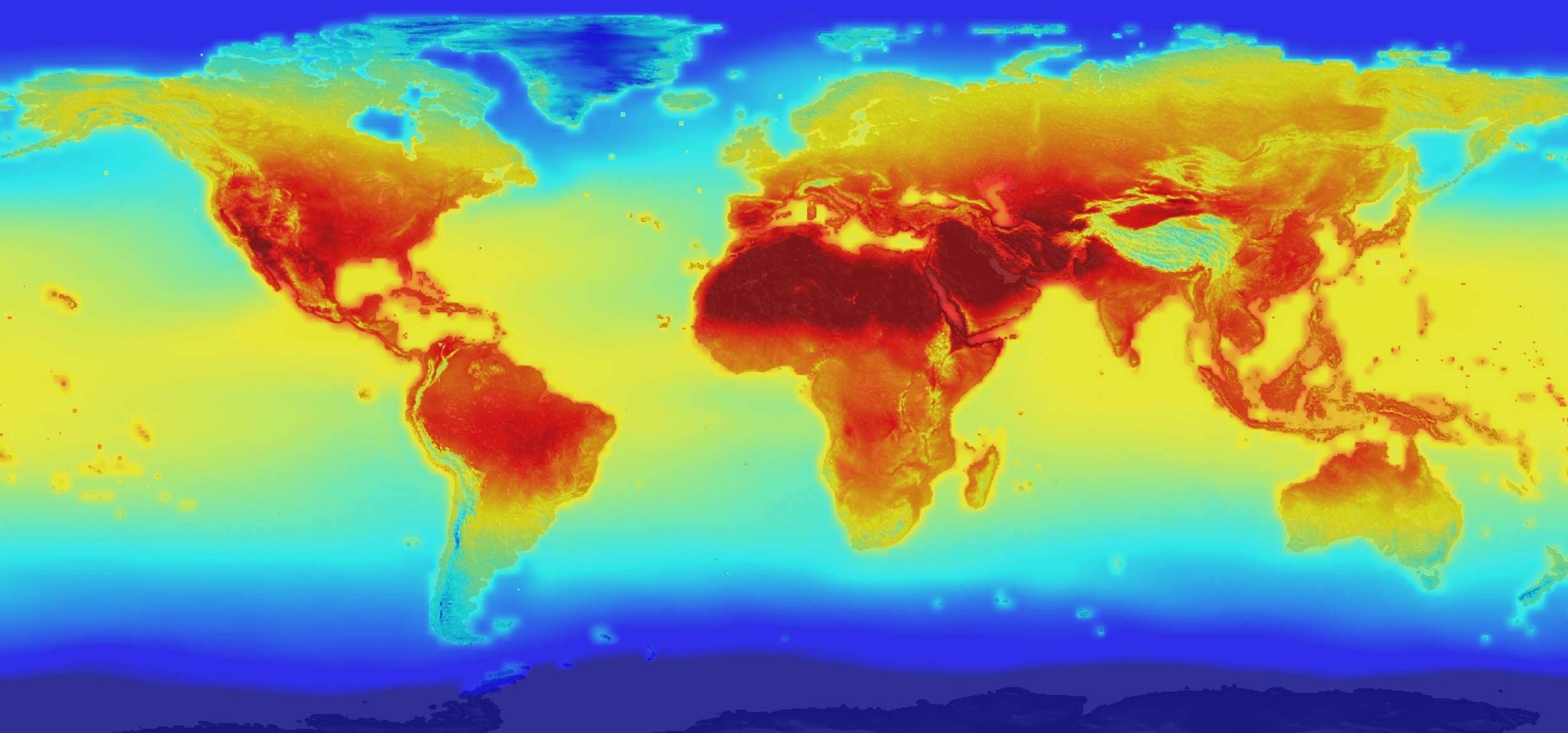The Greenhouse lecture series will continue November 22, 14:00-15:30, in Hulda Garborgs hus R-354 with the lecture:
Environmental Humanities and Climate Change by Professor Libby Robin
The task of reconceptualising planetary change for the human imagination calls on a wide range of disciplinary wisdom. The Environmental Humanities is not so much a new discipline or method, as a fresh combination of humanistic perspectives. Since the 1970s a range of humanities sub-fields, such as environmental philosophy, environmental history, ecocriticism, cultural geography and environmental anthropology have explored the relations between people and environments. Environmental humanities extend the idea of the human within the transdisciplinary mode of environmental studies. They also engage with the ethical and justice dimensions of environmental change, including climate change. Bishop Desmond Tutu has described climate change as the greatest human rights issue of our times.
Environmental humanities projects often demand collaborations between researchers with many different backgrounds, including natural sciences, arts and creative practitioners beyond the academy, particularly in relation to increasing concerns about global warming and climate change in the 21st century. The talk will consider some of the projects that imagine planetary futures in new ways, deploying environmental humanities collaborations including museums and art practice. Paying attention to the history of environmental changes over time can help explore changing power relations between ‘experts’ and local communities, and map the ways different disciplines and institutions speak for the future as we try to understand humans geologically and other life forms ethically in times of rapid global change.
Libby Robin is a historian of science and the environment. She is Professor in the Fenner School of Environment and Society at the Australian National University, Canberra. She is co-convenor (with Thom van Dooren) of the Australian Environmental Humanities Hub (www.aehhub.org), and has worked extensively with museums in Australia, Sweden and Germany. She was elected Fellow of the Australian Academy of Humanities in 2013. Her recent books include The Future of Nature: Documents of Global Change (Yale 2013, with Sverker Sörlin and Paul Warde), and Curating the Future: Museums, Communities and Climate Change (Routledge 2017, with Jennifer Newell and Kirsten Wehner). Her next book, The Environment: A History (with Paul Warde and Sverker Sörlin), will be published by Johns Hopkins University Press in 2018.
